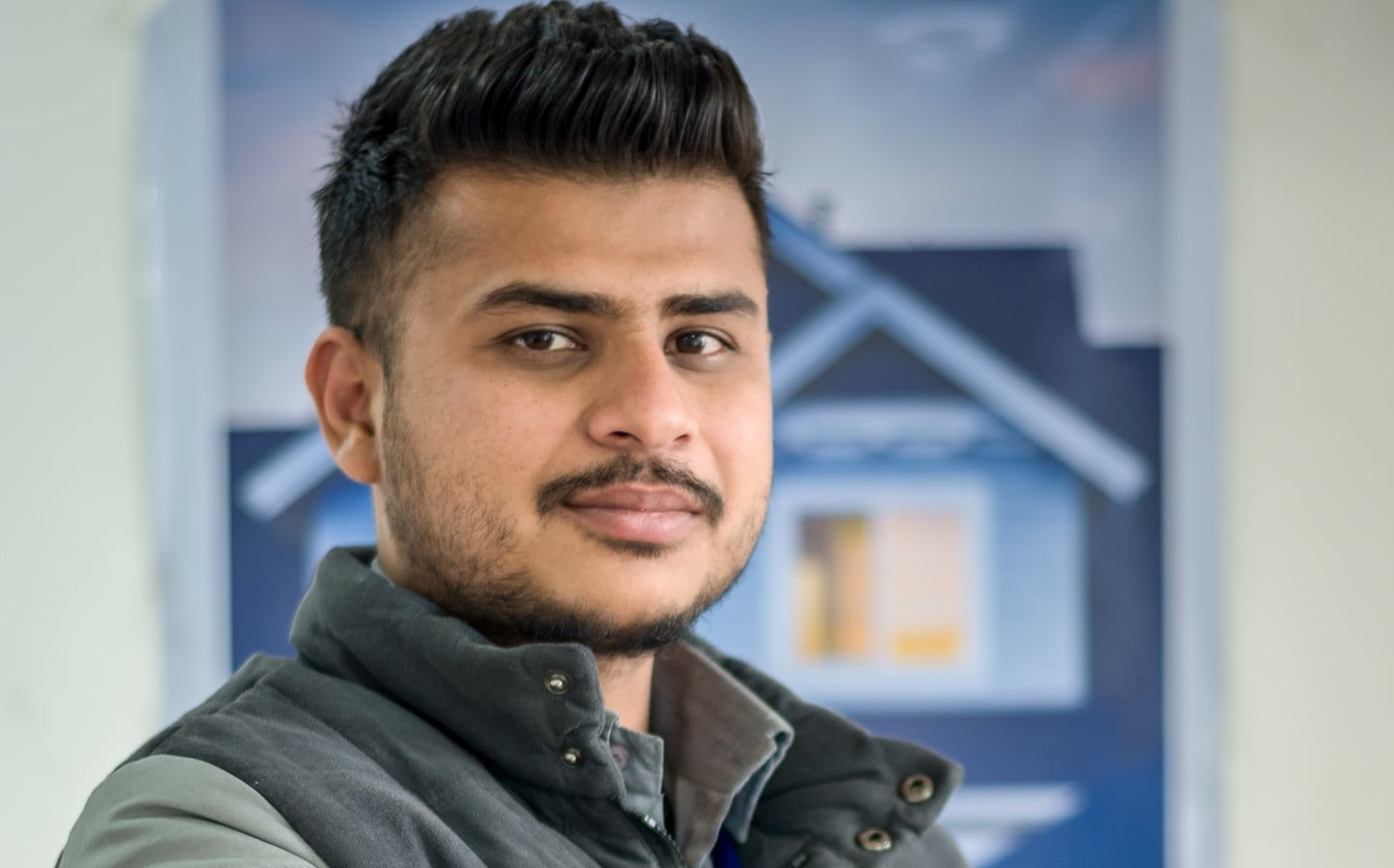“We believe in the power of design,” says Binit Sharma, CEO of Asterdio. “In order to fulfill our client's goals, we foster a welcoming environment where professionals have access to the tools needed to create the finest digital experiences.”
Sharma studied IT in Malaysia and worked at a few start-ups there before returning to Nepal in 2014. “I worked for a couple of businesses here as well, but I was never satisfied,” he says. “I've always been passionate about new technology and product design. So I started Asterdio six years ago. ” Sharma founded Asterdio concurrently with his first startup, Basobaas, a digital marketplace for real estate. Asterdio has two operational models. The first is project outsourcing, and the second is human resources. Project outsourcing is managing the entire project for a specified period of time, delivering the finished product after usually starting from zero. The second is outsourcing human resources, like frontend engineer and quality assurance engineer, to its clients. Although the company is based in Nepal, the majority of its clients are based abroad. Sharma says though Asterdio mostly works with international clients, which generates a significant number of remittances, managing them is challenging due to a lack of adequate government rules. “There are several challenges, mostly arising due to political instability and a lack of regulations and policies in the industry.’’ In the global technology market, Sharma says Nepal is almost insignificant for outsourcing. “This is due to our lack of experience in the field. International clients often choose India, Vietnam, or China to outsource their operations,” he says. “The other issue is the migration of young people to foreign countries.” Asterdio got into its stride during the covid lockdown. The company was among the few companies capable of implementing work-from-home policies. “As a tech business that mostly deals with foreign clients, we already had work-from-home policies. So implementing them during the lockdown wasn't particularly difficult,” says Sharma. “In fact, we got two of our most important clients during the lockdown.” Sharma says one should do adequate research in order to start a business, and it can be a product for Nepal or abroad. “A balance should be maintained between the product's quality and how the company markets itself,” he says. “A person who wants to start a successful business in Nepal needs to be persistent and must not give up easily.”











